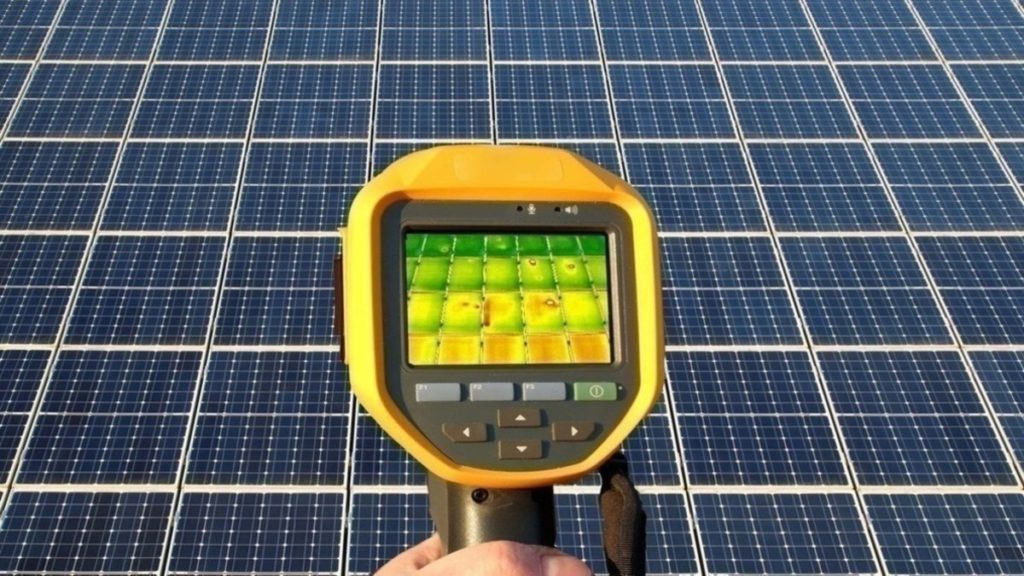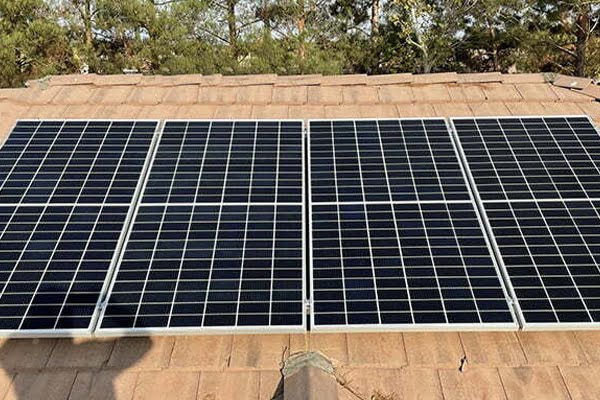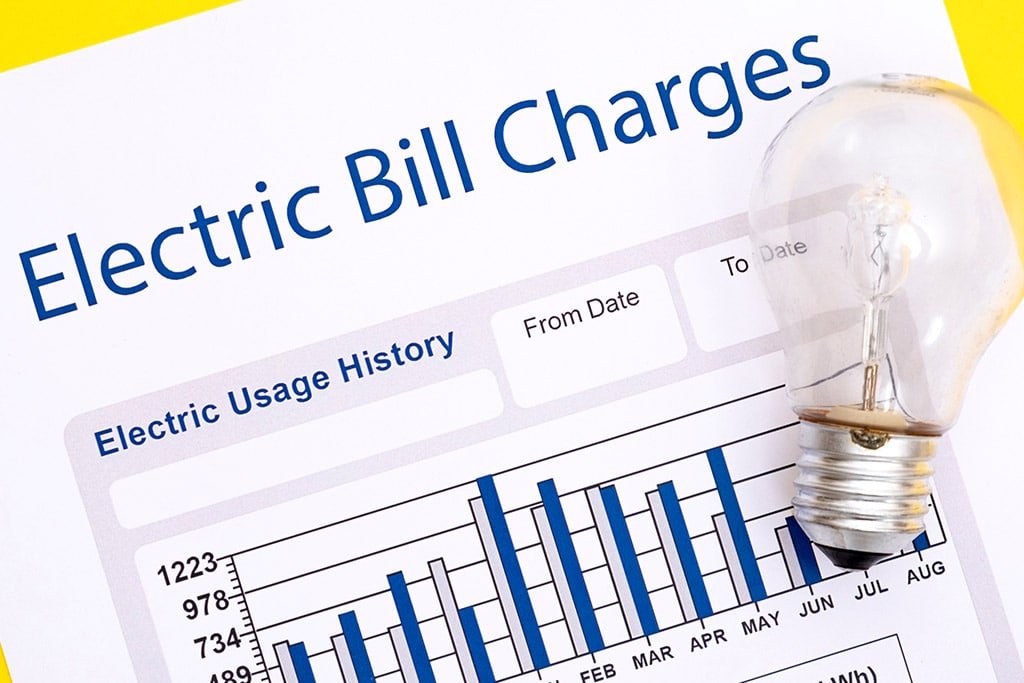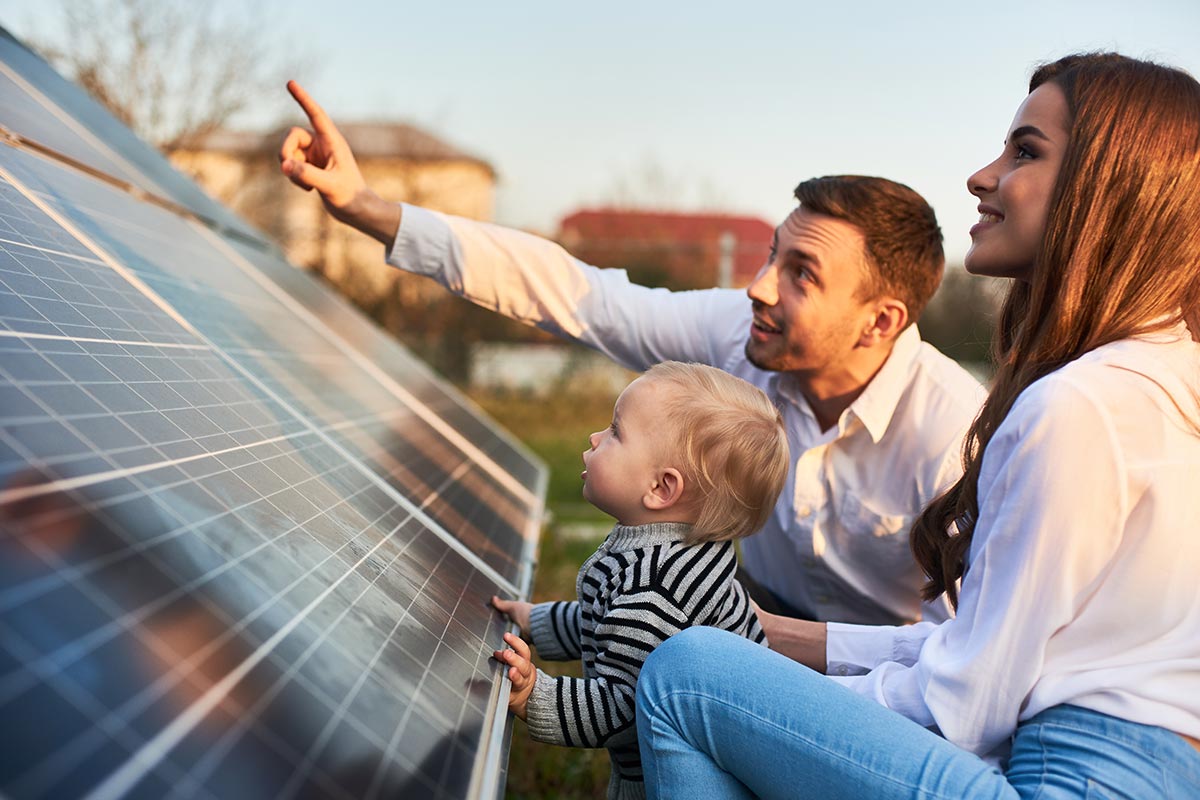Like any machine, solar modules have a “useful lifecycle”. Although it is a fantastic long-term investment for businesses, farms and homes, it’s essential to understand the lifespan of solar panels. In this blog, we will be discussing what happens with solar modules after 25 years and how to maximize their lifecycle.
How Long Do Solar Energy Systems Last?
Like other electronics, solar panels don’t produce power at 100% efficiency then stop working. In most cases, depending on the manufacturer, solar systems have 90% efficiency in the first ten years and then drop to 80% in the next 10-15 years. It makes their useful life about 25-30 years. Some energy systems survive for longer than that. For example, the world’s first modern solar panel is still producing power 60 years into its lifespan!
Once the system’s useful life is over, they continue producing power. Still, depending on your energy and financial goals, you might want to replace them with panels that produce power at higher rates.
What is Solar Panel Degradation?
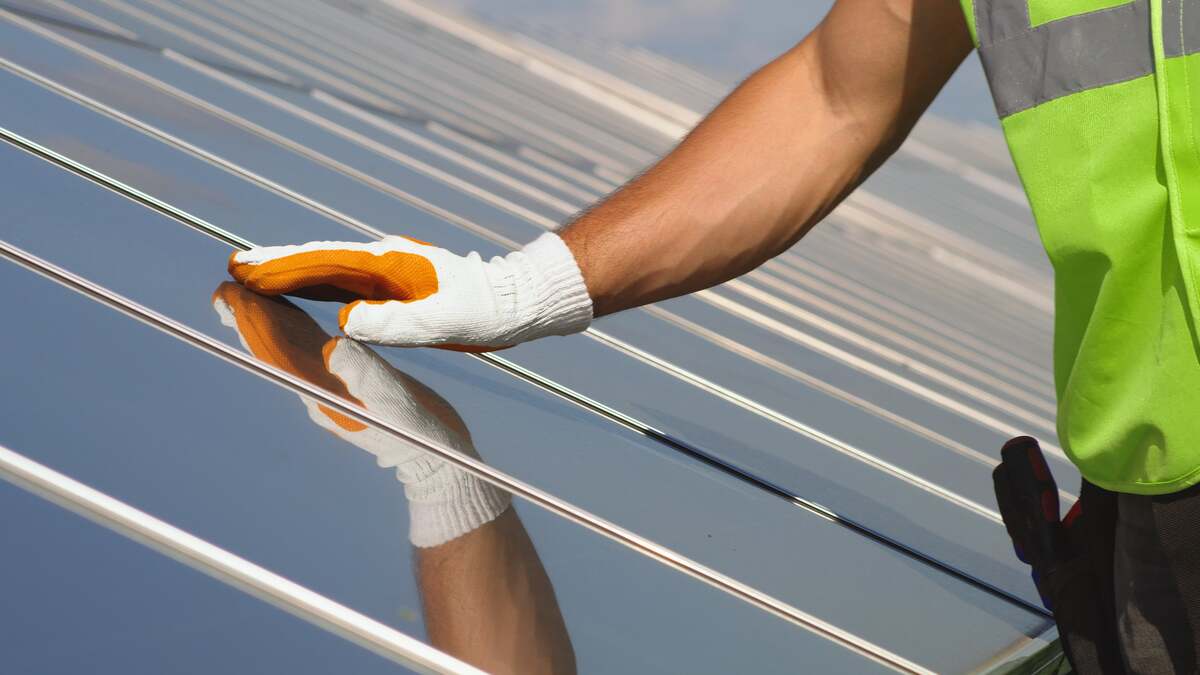
All energy systems slowly degrade over time, producing less electricity from the same amount of sunlight. There are various reasons as to why this takes place. For example, weather conditions wear down the panels and have a negative impact.
Solar panels are made from solar cells, which are very sensitive. Modules need to be taken care of with utmost care, from the manufacturing process, until the installation and even in their upkeep. It means you should pick an installer that you trust to take care of your panels.
Solar modules after 25 years could have degraded because of the weather. As mentioned before, solar cells are susceptible. So, in extreme weather conditions in the United States, the panels can cause flexing in the panels. Although if you have picked quality panels installed by a certified team, it shouldn’t be a massive load on the degradation process.
The degradation can also happen from heat. For example, if you go solar in LA, the heat can lead to the degradation process over time. Thankfully, most solar panels have UV blockers on them that keep the degradation to a minimum. In these cases, there will only be a 1-3% degradation that only happens when the panels are first under the sun, and after that, the process will slow down by a lot.
What does this mean? If you take care of your panels in the recommended way and have a highly certified team of installers, it should cut down on the degradation of your panels by a lot! A way to also know that the panels are of quality is by the warranty that comes with them. If it’s a warranty that covers the useful life of a solar system, you are in good hands. In the end, it is up to you if you’d like to replace your system with a new one for financial benefits or keep the same one. You can either use solar panel recycling and purchase a new one or keep your system running!


